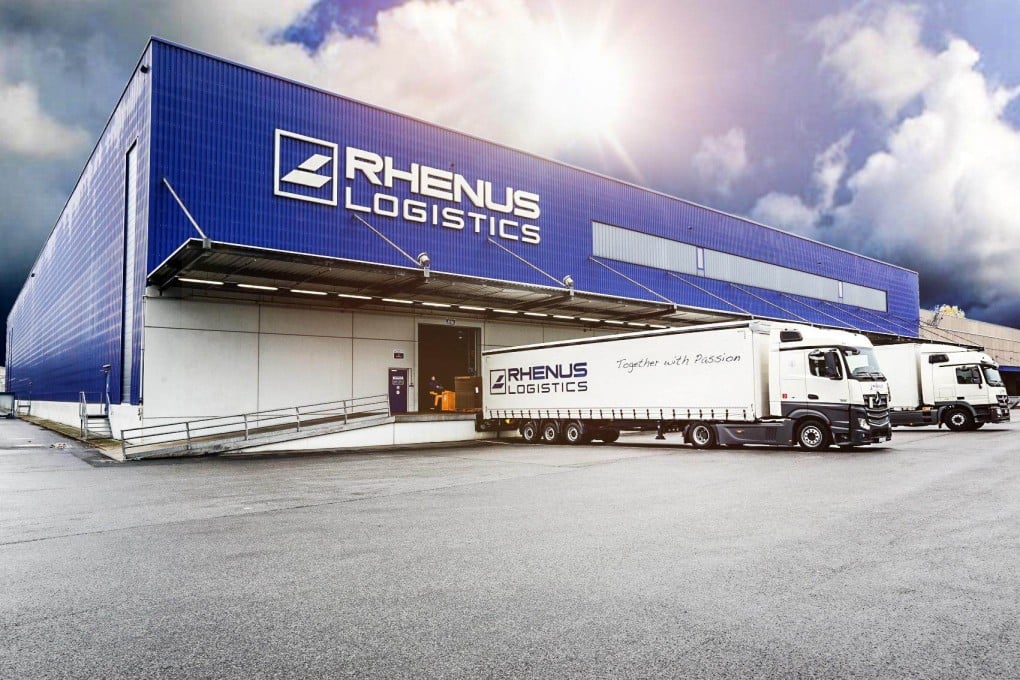German logistics group Rhenus is upbeat on China market outlook, says economic relations differ from political situations
- Family-owned German logistics group has been buying assets in Greater China, Southeast Asia to grow its presence in the region
- China’s logistics value grew 4.7 per cent in 2022 to US$1.74 trillion while compound annual growth rate in 2017-2022 exceeded the nation’s GDP pace

The family-owned German company has a network of 17 centres across mainland China and Hong Kong, having been active in the Chinese market for over two decades. In September, it bought BLU Logistics, a freight forwarder with businesses in Latin America and Greater China, and acquired a 51 per cent stake in LBH Group with operations in the mainland and Southeast Asia.
Asia-Pacific remains the fastest-growing region for the global freight and logistics market and the additional investments in the world’s biggest logistics market underpinned its belief in the growth prospects, notwithstanding the heightened geopolitical tensions between the West and Beijing in recent years.
“China is a key market for Rhenus,” Tobias Bartz, group chairman and CEO, said in an interview. “With its considerable economic power, China is an important market for the German economy and a cornerstone of our business.”

Based in Holzwickede near Dortmund, the 111-year Rhenus group makes about 8.6 billion euros (US$9.2 billion/HK$71.8 billion) in annual sales. It employs 39,000 people in 1,120 sites, offering services along the entire supply chain, including multimodal transport and warehousing, according to its website.